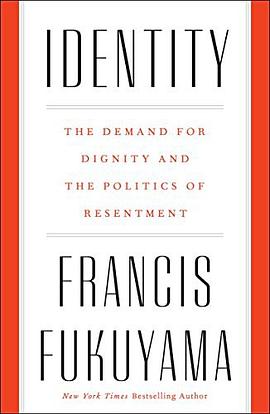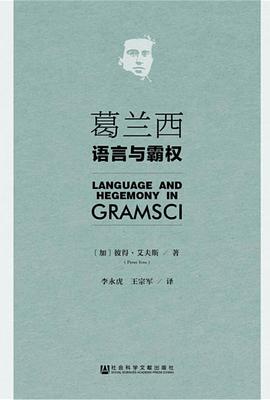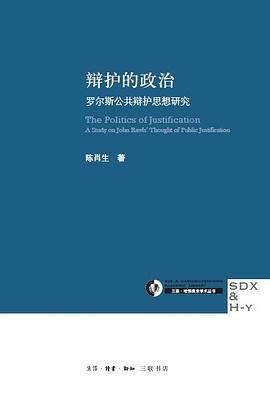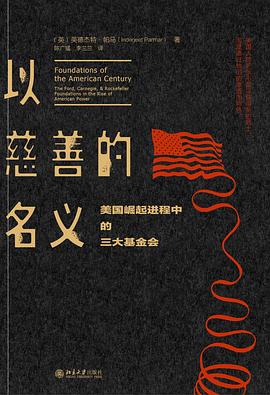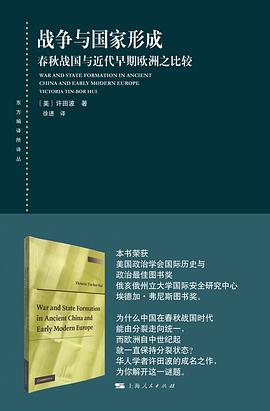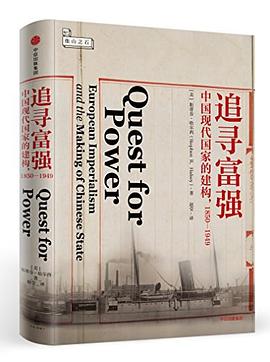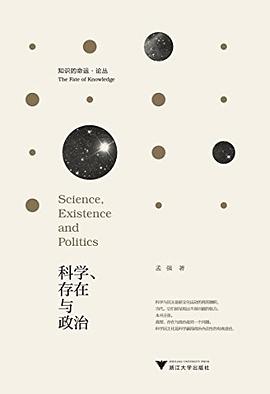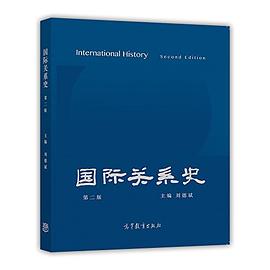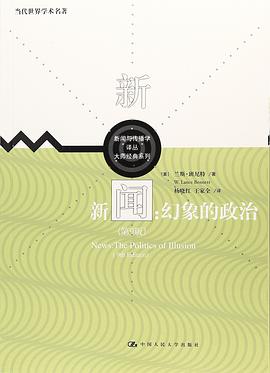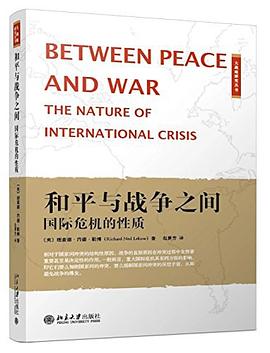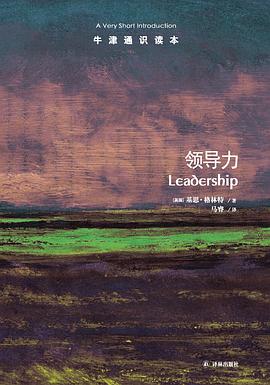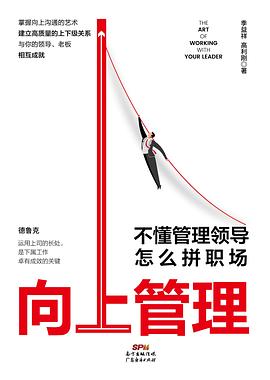
具体描述
Francis Fukuyama is the Olivier Nomellini Senior Fellow at Stanford University’s Freeman Spogli Institute for International Studies. He has previously taught at the Paul H. Nitze School of Advanced International Studies at Johns Hopkins University and at the George Mason University School of Public Policy. Fukuyama was a researcher at the RAND Corporation and served as the deputy director for the State Department’s policy planning staff. He is the author of Political Order and Political Decay, The Origins of Political Order, The End of History and the Last Man, Trust, and America at the Crossroads: Democracy, Power, and the Neoconservative Legacy. He lives with his wife in California.
The New York Times bestselling author of The Origins of Political Order offers a provocative examination of modern identity politics: its origins, its effects, and what it means for domestic and international affairs of state
In 2014, Francis Fukuyama wrote that American institutions were in decay, as the state was progressively captured by powerful interest groups. Two years later, his predictions were borne out by the rise to power of a series of political outsiders whose economic nationalism and authoritarian tendencies threatened to destabilize the entire international order. These populist nationalists seek direct charismatic connection to “the people,” who are usually defined in narrow identity terms that offer an irresistible call to an in-group and exclude large parts of the population as a whole.
Demand for recognition of one’s identity is a master concept that unifies much of what is going on in world politics today. The universal recognition on which liberal democracy is based has been increasingly challenged by narrower forms of recognition based on nation, religion, sect, race, ethnicity, or gender, which have resulted in anti-immigrant populism, the upsurge of politicized Islam, the fractious “identity liberalism” of college campuses, and the emergence of white nationalism. Populist nationalism, said to be rooted in economic motivation, actually springs from the demand for recognition and therefore cannot simply be satisfied by economic means. The demand for identity cannot be transcended; we must begin to shape identity in a way that supports rather than undermines democracy.
Identity is an urgent and necessary book―a sharp warning that unless we forge a universal understanding of human dignity, we will doom ourselves to continuing conflict.
用户评价
##这本书可以看作福山前面几本代表作的续作,为了补充他的“历史终结论”和《最后的人》等相关理论。作者选择暂时性的搁置并弱化经济学的理性选择理论对政治行为动机的解释,而是从人性角度思考,当代的人为何追求身份的归属和认同,并且多数时候人们的追求目标在一般理性看来是...
评分 评分 评分##只能算是他想要搞清的问题的第一章。追溯身份的政治哲学起源,最终联系起个人与政治的关系,而当代民主制度也由此诞生。但人们其实没有在尊严上达成共识。因为它寄托于道德实践中,也就成了它既是表象又是问题根源的复杂性,而背后施加影响的是社会。上升到国家层面之后,他在认可其必要星的同时揭示了时代背景下身份政治产生的四个问题。我想身份政治其实是不幸沦为贫富分化的一个cry baby了,吸引了过多的注意力。所以福山表扬了奥巴马医保,可惜医保又遭遇身份政治的反噬。如何改善?他提出要构建新的国家身份,不以狭义个体的自然属性或宗教方向来界定的(听起来也挺危险,理论搞不好就会像他说的赫尔曼和他的老师亨廷顿了)。他的一份药方是公共教育。PS,我爱他提及了神话和科幻作品,我在想美学教育是不是药方里的一味成分?
评分 评分 评分 评分我们终其一生都在问一个关于“我是谁”的问题。 家人说:“你是你爸的儿子,你爷爷的孙子,你要给咱家传宗接代。” 宗教说:“你是上帝的儿子,你的使命是在人间传福音。” 资本家说:“你是流水线上的齿轮,是我发家致富的人口红利。” 马克思说:“你是先进的无产阶级,要起...
评分##居然中信没抢着中译本,着实惊讶。
相关图书
本站所有内容均为互联网搜索引擎提供的公开搜索信息,本站不存储任何数据与内容,任何内容与数据均与本站无关,如有需要请联系相关搜索引擎包括但不限于百度,google,bing,sogou 等
© 2025 book.tinynews.org All Rights Reserved. 静思书屋 版权所有

